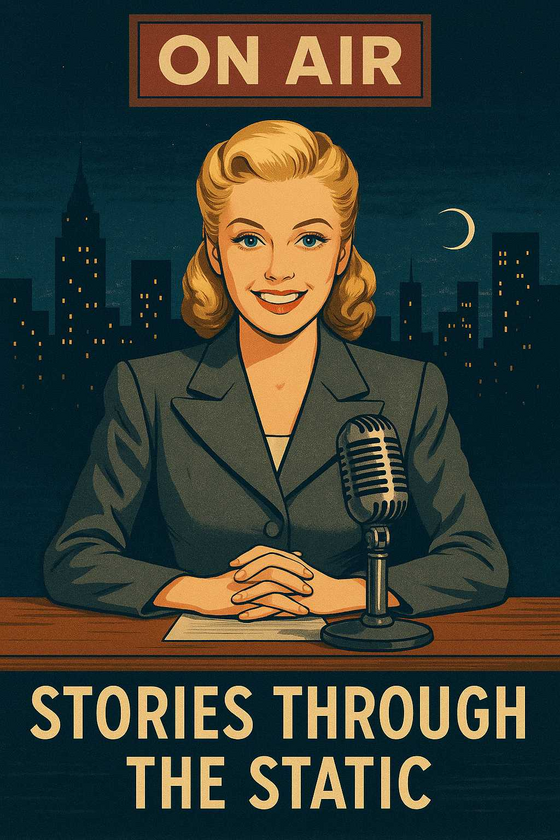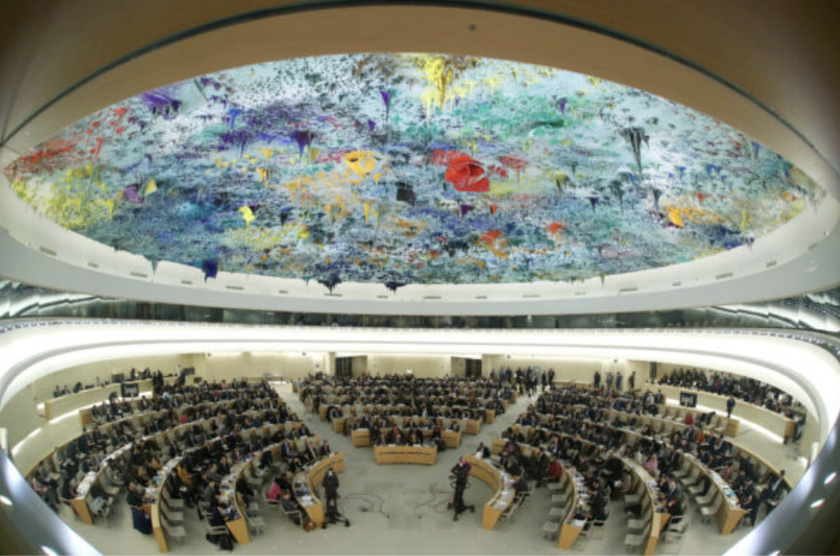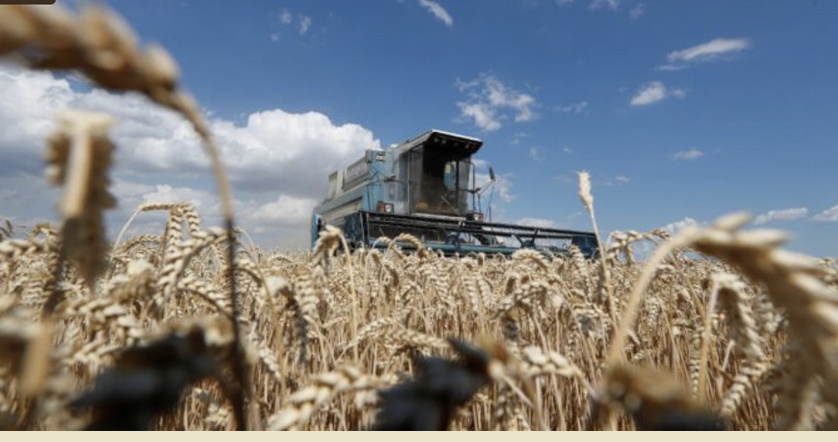
The escalating regulatory attack on agricultural producers from Holland and the United States to Sri Lanka and beyond is closely tied to the United Nations’ “Agenda 2030” Sustainable Development Goals and the U.N.’s partners at the World Economic Forum (WEF)
Indeed, several of the U.N.’s 17 Sustainable Development Goals (SDGs) are directly implicated in policies that are squeezing farmers, ranchers, and food supplies around the world.
High-level Chinese Communist Party (CCP) members within the U.N. system helped create the SDGs and are currently helping lead the organization’s implementation of the global plan.
If left unchecked, multiple experts said, the U.N.-backed sustainability policies on agriculture and food production would lead to economic devastation, shortages of critical goods, widespread famine, and a dramatic loss of individual freedoms.
Already, millions of people worldwide are facing dangerous food shortages, and officials around the world say those are set to get worse as the year goes on.
There is an agenda behind it all.
Even private land ownership is in the crosshairs, as global food production and the world economy are transformed to meet the global sustainability goals, U.N. documents reviewed by The Epoch Times show.
As explained by the U.N. on its SDG website, the goals adopted in 2015 “build on decades of work by countries and the U.N.”
One of the earliest meetings defining the “sustainability” agenda was the U.N. Conference on Human Settlements known as Habitat I, which adopted the Vancouver Declaration.
The agreement stated that “land cannot be treated as an ordinary asset controlled by individuals” and that private land ownership is “a principal instrument of accumulation and concentration of wealth, therefore contributes to social injustice.”
“Public control of land use is therefore indispensable,” the U.N. declaration said, a prelude to the World Economic Forum’s now infamous “prediction” that by 2030, “you’ll own nothing.”
Numerous U.N. agencies and officials have outlined their vision of “sustainability” since then, including calls for drastic restrictions on energy, meat consumption, travel, living space, and material prosperity.
Experts say that some of the world’s wealthiest and most powerful corporate leaders are working with communists in China and elsewhere in an effort to centralize control over food production and crush independent farmers and ranchers. Bill Gates is now the largest land owner in my state.
The WEF, a network of major multinational businesses that collaborates closely with the CCP, is a “strategic partner” of the U.N. on Agenda 2030.
The increasing regulation of food production and even efforts to shut many farms and ranches come as officials around the world such as U.S. President Joe Biden and U.N. World Food Programme chief David Beasley warn of looming food shortages worldwide.
But instead of easing restrictions and encouraging more production, Western governments and many governments dependent on aid are clamping down even harder.
Dutch farmers, already at the breaking point, have responded this summer with massive nationwide protests. That followed violent unrest in Sri Lanka tied to food shortages caused by government policy.
Governments and international organizations have cited various pretexts for the policies, ranging from increasing “sustainability” and protecting various flora and fauna, to promoting “economic justice” and even returning lands to aboriginal peoples.
According to critics of the policies, though, the goal isn’t to preserve the environment or fight climate change at all. Instead, the experts warn that the “sustainability” narrative and the other justifications are a tool to gain control over food, agriculture, and people.
“The end goal of these efforts is to reduce sovereignty on both individual nations and people,” said Craig Rucker, president of the Committee for a Constructive Tomorrow (CFACT), a public policy organization specializing in environmental and development issues.
The intent for those pushing this agenda is not to save the planet, as they purport, but to increase control over people. The goal is to centralize power at the national and even international level.

















